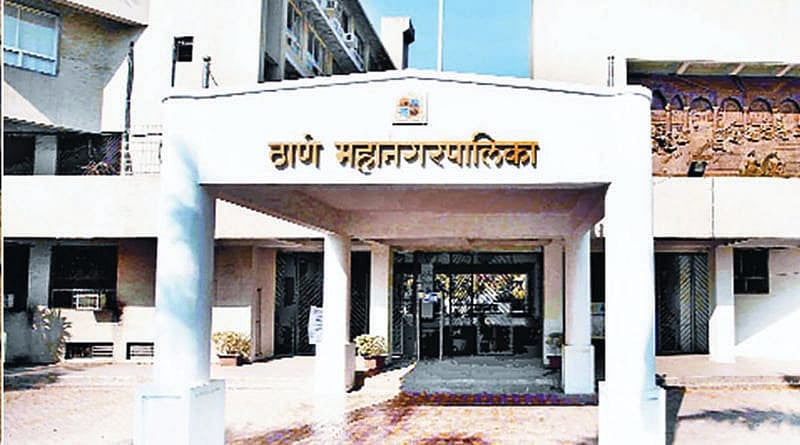The Indian nuclear doctrine, at the heart of which is a commitment to ‘No First Use (NFU)’ of nuclear weapons, has worked well. Soon after the May 1998 nuclear tests conducted by the National Democratic Alliance (NDA) government led by Atal Behari Vajpayee, domestically, the Congress Party led by Sonia Gandhi, and globally the West led by the US, were in many ways similar in their vehement criticism, condemnation, creation of a conglomeration of critics and calling upon India to immediately reverse her nuclear policy.
Yet once the Congress-led UPA, under the premiership of Manmohan Singh assumed power in May 2004, it came around to accepting the NFU as a policy without many changes. Thus, for instance, in his interview with Wolf Blitzer of CNN in Washington DC, Manmohan Singh had said in July 2005 that his government was very much committed to this policy.
The then US president Bill Clinton, a vehement critic of Indian nuclear policy, came around in his second term to accept Indian compulsions to acquire nuclear weapons, improve US relations with India and before the end of his term, was in the midst of negotiating a nuclear deal with this country. Building on the same grounds, his Republican successor, George W Bush offered a nuclear deal to India in July 2005.
The BJP manifesto for the 2014 general election stated that it would “study in detail India’s nuclear doctrine and revise and update it, to make it relevant to challenges of current times.” It would also aim to “maintain a credible minimum deterrent that is in tune with geostrategic realities.” Soon after the publication of its manifesto, there were media comments stating that the review proposal suggested that the BJP government was bent on changing the NFU policy. In my opinion, the present government led by the BJP has nowhere suggested a review and updating means that NFU will be given up in favour of First Use (FU).
The review and updating is necessitated essentially on two counts. First, all those who hope to see a change in the present NFU policy point out that this has not been favourably received by Pakistan. On the other hand, Pakistan has not only increased the number of nuclear weapons possessed by it (100-110) in comparison to India’s (90-100), but has also acquired tactical nuclear weapons to meet the Indian preponderance in conventional armed forces.
Hence, the very fact that India has a preponderance in conventional forces which can easily run over Pakistani ground forces, has made that nation embrace the policy of First Use (FU) of nuclear weapons. Also, its fear of defeat in conventional warfare led it toward tactical nuclear weapons. Pakistan’s game plan seems to be that in the event of another Mumbai 26/11-like surprise and stealthy terrorist attack on some economic or nuclear or defence nerve centre, India might be under pressure to counter-attack, but might not venture into a conventional military attack for fear of Pakistan’s use of tactical nuclear weapons; thus enhancing its sense of security.
This can, however, be met by updating the exceptions, already included to the NFU, such as not using them against a non-nuclear weapons state or reserving the right to use nuclear weapons in case a state uses chemical and biological weapons against India. We can reserve the right to retaliate to the use of tactical weapons against Indian interests or defence forces, which could be considered as an unprovoked nuclear attack and reply with a second strike with nuclear weapons.
The second reason advanced by those who favour a revision of our nuclear doctrine is: Pakistan-based, promoted, protected and financed anti-India terrorist groups could lay their hands on Pakistani nuclear weapons. This is a widely expressed global fear on Pakistani nuclear weapons.
As in the case of the first problem, the way out of this problem is to include terrorist attacks against India with whatever type of nuclear weapons, as an exception to the NFU and going for a massive second strike.
We should clearly know that the BJP manifesto nowhere says specifically that the NFU policy is subject to review; though it is an important part of the doctrine, it is not the entire nuclear doctrine by itself. A review of the doctrine to update it to meet the contemporary challenges to Indian national security, by including the above-mentioned two exceptions along with the existing ones to the policy is not tantamount to giving it up in favour of the first use of nuclear weapons. An FU is not a defensive, but an offensive use of nuclear weapons. Nuclear weapons have to remain instruments of high political diplomacy, not war. The NFU policy is not only ethical and moral, but also a highly democratic doctrine in world politics.
The BJP with its massive majority, just need not tinker or revise the essence of NFU only because it is also embraced by the Congress. But it would do well to remember that it was Atal Behari Vajpayee, who for the first time mentioned the NFU in the UN in 1978, as the minister for external affairs in the Janata Party government led by Morarji Desai. The present BJP government led by Narendra Modi should not go down in history as the government that gave it up! Instead, it should embrace the concept of a global treaty on NFU of nuclear weapons to maintain a bipartisan nuclear doctrine.
Dr. P. M. Kamath formerly was Professor of Politics, University of Bombay.
Currently he is Hon. Director, VPM’s Centre for International Studies and
Adjunct Professor, Department of Geopolitics and International Relations,
Manipal University, Manipal.
P M Kamath




